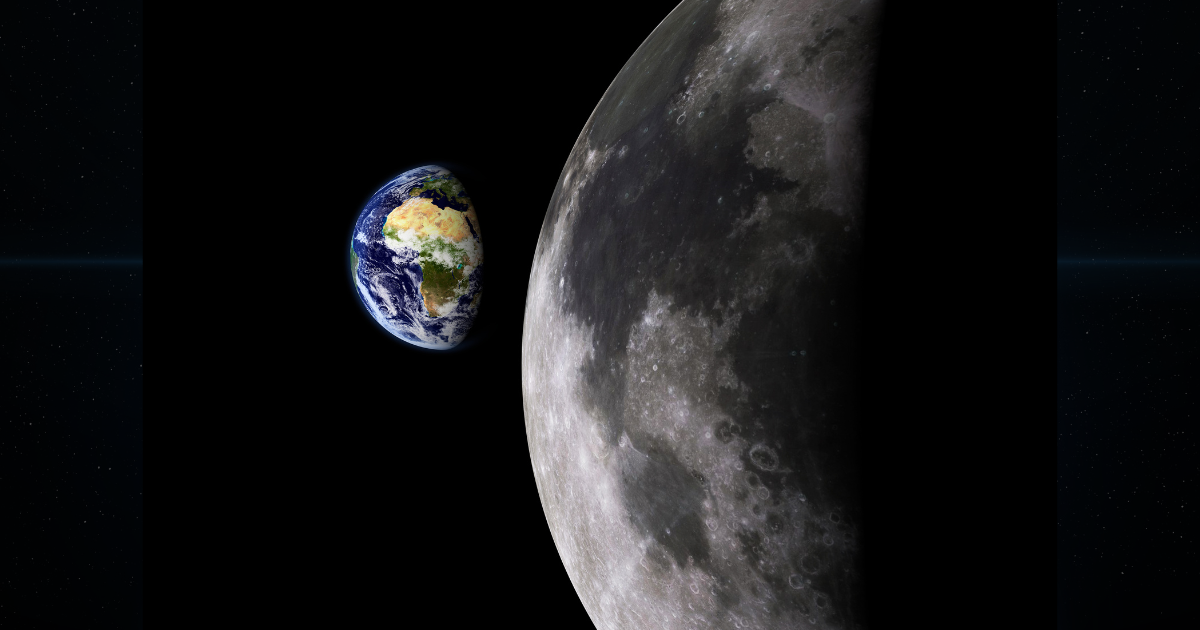
Elon MuskCEO of SpaceX, aroused public and scientific interest with its bold plans for Mars. Known for his innovative companies like Tesla and Neuralink, Musk is now focusing on one of his most ambitious projects: making humanity multi-planetary.
How does Elon Musk plan to settle humans on Mars?

The tech mogul has outlined a detailed timeline for colonizing Mars. According to him, SpaceX will send the first unmanned mission to the Red Planet in less than five years. This marks the beginning of a series of developments that could, within a decade, see the first humans reach Mars.
What are Elon Musk's challenges and benefits of colonizing Mars?
The mission to colonize Mars, as described by Musk, is not without overcoming significant technological and environmental hurdles. However, the benefits, in his opinion, are greater. From helping to alleviate the problems of overpopulation and scarcity of resources on Earth to major advances in science and technology. Moreover, a human presence on Mars could provide new insights into climate issues and even the origin of life in the universe.
Some challenges of colonizing Mars:
| challenge | a description | details |
|---|---|---|
| Distance and space travel | The vast distance between Earth and Mars makes logistics very complicated. | * Journeys lasting six months expose astronauts to space radiation and other hazards. * Faster, safer and more efficient spacecraft are needed to enable colonization. |
| Hostile environment | Mars represents an inhospitable environment for human life, requiring advanced technological solutions to survive. | * The cold, dry climate with a thin atmosphere requires artificial habitats protected from radiation, extreme temperatures, and low gravity. * Growing food and producing water on a large scale presents significant technical and logistical challenges. |
| High cost | The Mars colonization project will require a huge financial investment, including research and development, infrastructure and transportation. | *High project costs require strong financing and innovative business models to ensure economic viability. *Effective fundraising and financial management are critical to mission success. |
| Health risks | The effects of life on Mars on the human body are still uncertain, requiring in-depth research and strict preventive measures. | * Prolonged exposure to space radiation can cause health damage, such as cancer and problems with the immune system. * Low gravity can lead to loss of bone and muscle mass, as well as other physiological problems. * The presence of unknown pathogens in the Martian environment poses a health risk to colonists. |
| Ethical and social challenges | The colonization of Mars raises complex issues that require ethical debate and a comprehensive legal framework to ensure justice and well-being for all involved. | * Ownership of Mars resources and the equitable distribution of the benefits of colonization must be determined and agreed upon between the countries and parties involved. * The governance of the Mars colony must be established on the basis of democratic and ethical principles, ensuring the participation and rights of all colonists. * The potential impact of colonization on life on Mars, if any, must be carefully evaluated and minimized to preserve the environment and the possibility of extraterrestrial life. |
Is Elon Musk alone on his mission to Mars?
Although Musk is one of the most prominent figures in this endeavor, many other space agencies and private companies around the world have also shown interest in exploring Mars. This race not only accelerates technological progress, but also fosters a new era of international cooperation in space exploration.
The path set by Musk is not just a business vision, but a beacon for future generations that can live and thrive in a new world. With his renowned ability to turn science fiction into reality, the global community is watching with cautious optimism as he takes on this bold interplanetary challenge.
Future vision: a sustainable civilization on Mars
Ultimately, Elon Musk envisions not just a Martian city, but a sustainable civilization that could serve as humanity's “Plan B.” With continued efforts and global engagement, what once seemed like a distant dream is moving closer to becoming our new reality.

“Web geek. Wannabe thinker. Reader. Freelance travel evangelist. Pop culture aficionado. Certified music scholar.”






